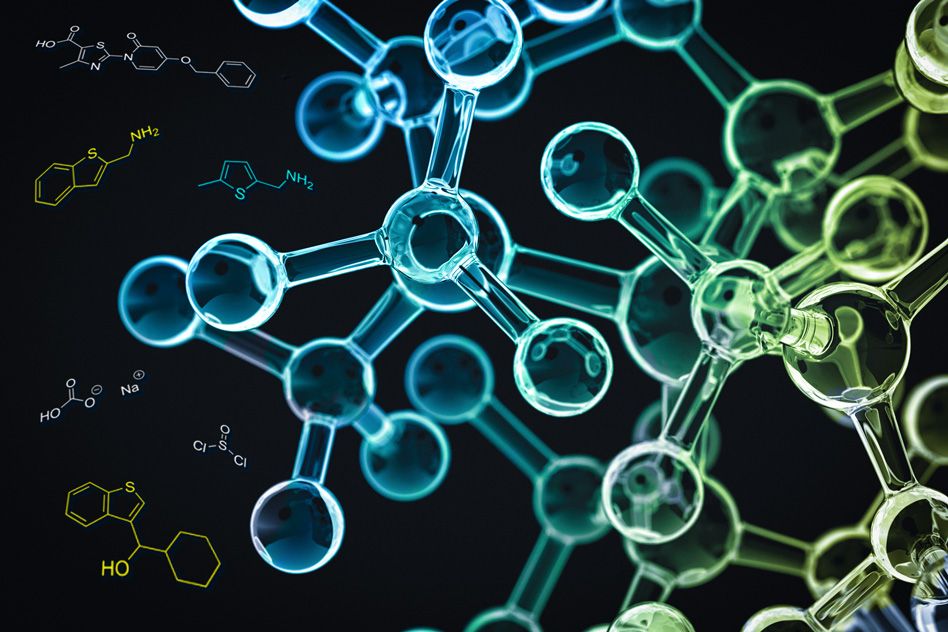
AI Unlocks the Secrets of Molecular InteractionsAI Unlocks the Secrets of Molecular Interactions Artificial intelligence (AI) is revolutionizing the realm of molecular biology, unlocking unprecedented insights into the intricate interactions that govern cellular processes. By harnessing the power of AI algorithms, scientists can now decipher the complex language of molecular interactions, opening up new avenues for drug discovery, disease diagnostics, and the design of novel materials. Deciphering Protein Dynamics and Interactions Proteins are the workhorses of cells, carrying out essential functions such as catalyzing reactions, transporting molecules, and facilitating communication. AI techniques are used to analyze vast amounts of experimental data and predict the behavior and conformational changes of proteins. This knowledge is crucial for understanding how proteins interact with each other and with their cellular environment. Unlocking the Mechanisms of Cellular Signaling AI algorithms can unravel the intricate network of signaling pathways that orchestrate cellular responses. By analyzing patterns in gene expression and protein modifications, AI models can identify key regulatory molecules and elucidate the dynamics of signal transduction. This understanding paves the way for the development of targeted therapies that intervene in disease-causing signaling pathways. Accelerating Drug Discovery and Precision Medicine AI plays a pivotal role in accelerating the drug discovery process. By predicting molecular interactions between candidate drugs and their targets, AI algorithms can significantly reduce the time and resources required to identify potential candidates. Additionally, AI-powered genetic and phenotypic analysis enables the development of personalized medicine tailored to individual patients. Designing Novel Materials with Tailored Properties The understanding of molecular interactions gleaned from AI is also driving advancements in materials science. By simulating and optimizing molecular interactions, scientists can design novel materials with tailored properties, such as high strength, conductivity, or biocompatibility. These materials have potential applications in a wide range of industries, including electronics, pharmaceuticals, and energy. Future Prospects As AI algorithms become more sophisticated and data becomes more abundant, the transformative potential of AI in molecular biology continues to grow. We can anticipate further breakthroughs in our understanding of cellular processes, the development of new diagnostic and therapeutic tools, and the creation of innovative materials that shape the future of science and technology. AI is unlocking the secrets of molecular interactions, empowering researchers and practitioners alike to tackle some of the most challenging problems facing society in the fields of health, energy, and materials science. The future holds immense promise as AI continues to illuminate the molecular foundation of life and drive scientific advancements that benefit humanity.
Posted inNews